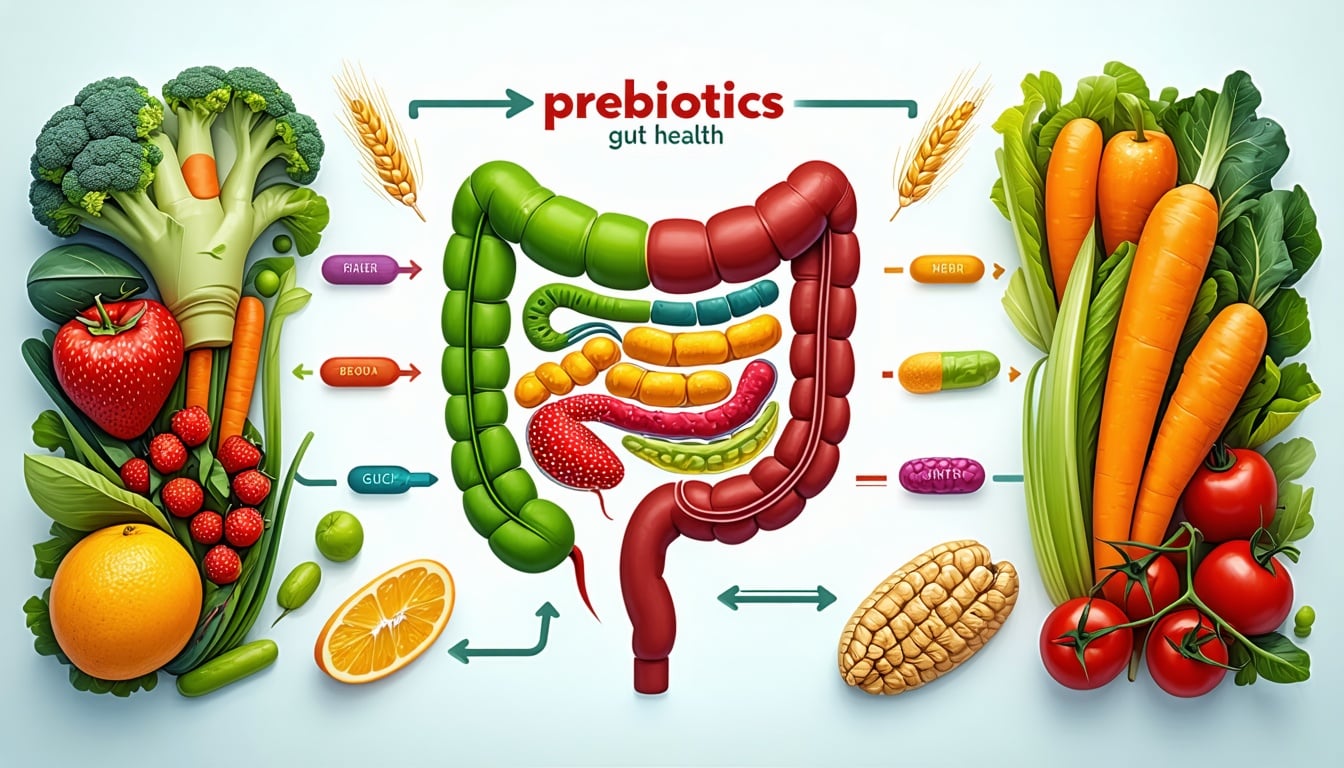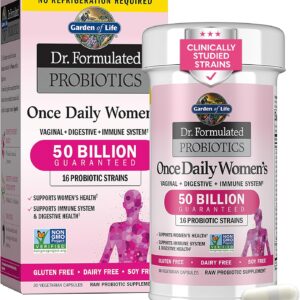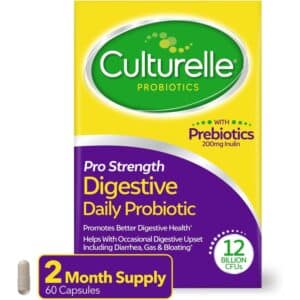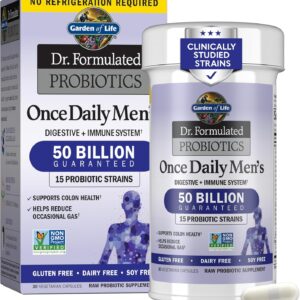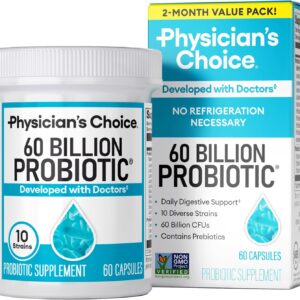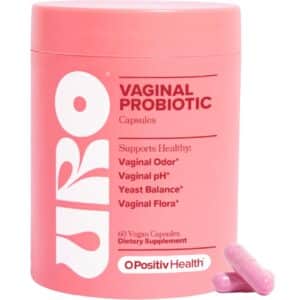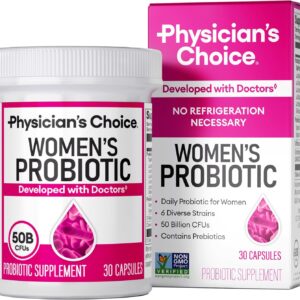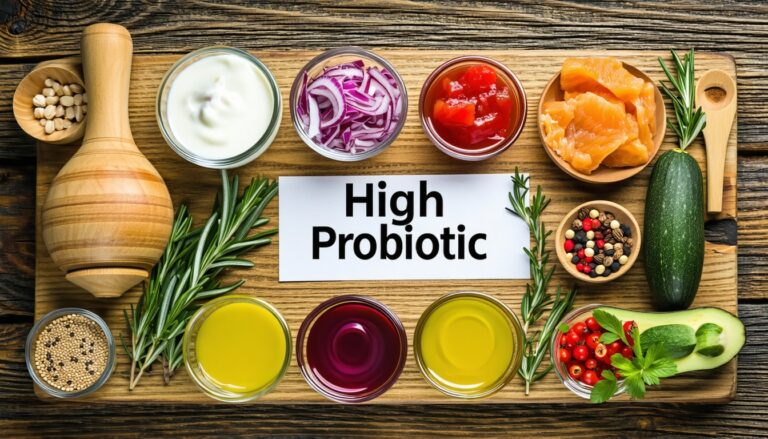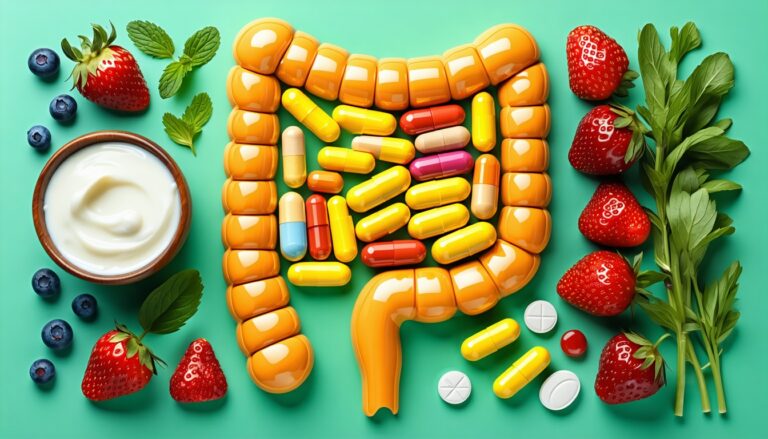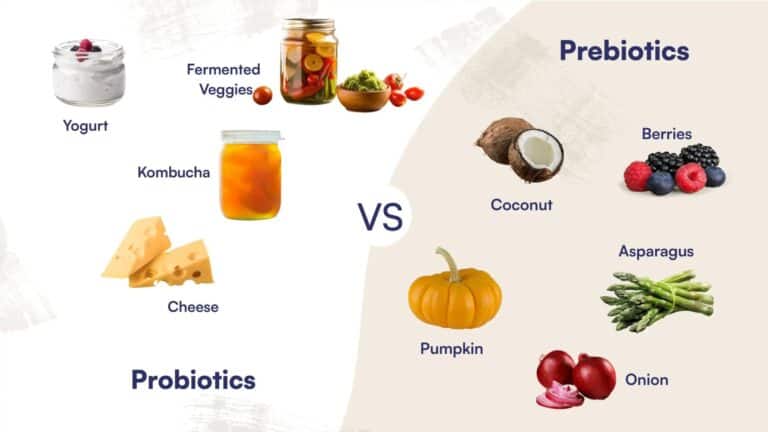Prebiotics and Gut Health go hand-in-hand when it comes to achieving optimal wellness from the inside out. Prebiotics are special types of plant fibers that act as food for the beneficial bacteria in your gut, helping them thrive and, in turn, enhancing your digestion, immune system, and even mental clarity. This article explores how prebiotics support a robust microbiome, breaks down their numerous health benefits, and provides practical tips for incorporating them into your diet. Whether you’re a wellness newbie or a gut health guru, this guide uncovers why prebiotics might just be your digestive system’s new best friend.
Benefits of Prebiotics
Introduction to Prebiotics
Alright, let’s chat about prebiotics, those special plant goodies that feed the friendly critters hanging out in your gut. Think of them as fiber’s cool cousin—every prebiotic is a fiber, but not all fiber is a prebiotic. Basically, they’re the all-you-can-eat buffet for the good bacteria partying in your belly. Tossing some prebiotics into your meals can rev up your digestive health engine, making you feel all-around awesome. Curious about how they work? Dive into our probiotics and gut health article.
Importance of Gut Microbiome
Did you know your tummy is home to about 100 trillion tiny roommates, mostly bacteria? This bustling community is a total MVP for keeping your gut happy. It’s like the DJ spinning tracks for digestion, immune defense, and even your mood. The good bacteria helps chow down your food, whip up handy nutrients, and body-slam the bad guys trying to crash the party.
When your gut bacteria are playing nice, your body gets a real boost—better metabolism, stronger immune system, the whole nine yards. Researchers say prebiotics stoke your gut’s fire by energizing those colon cells, cranking up mucus production, cutting down on inflammation, and supercharging immunity (Brown University Health). These perks scream “Eat your prebiotics!” so you can keep your gut rocking and rolling.
| Microbiome Benefits | Description |
|---|---|
| Digestive Health | Helps chow down your food and soak up nutrients |
| Immune System Support | Stops the bad bugs, keeps defense strong |
| Metabolic Effects | Keeps your metabolism ticking along happily |
Prebiotics and probiotics: the ultimate buddy duo for a peaceful gut vibe. Prebiotics play chef, feeding the good bacteria, while probiotics add extra buddies to the batch (Harvard Health Publishing). Knowing how prebiotics fit into your gut’s big picture helps you make smart choices for your health. Want to dig into more about those tummy-friendly bacteria? Check out our digestive probiotics article.
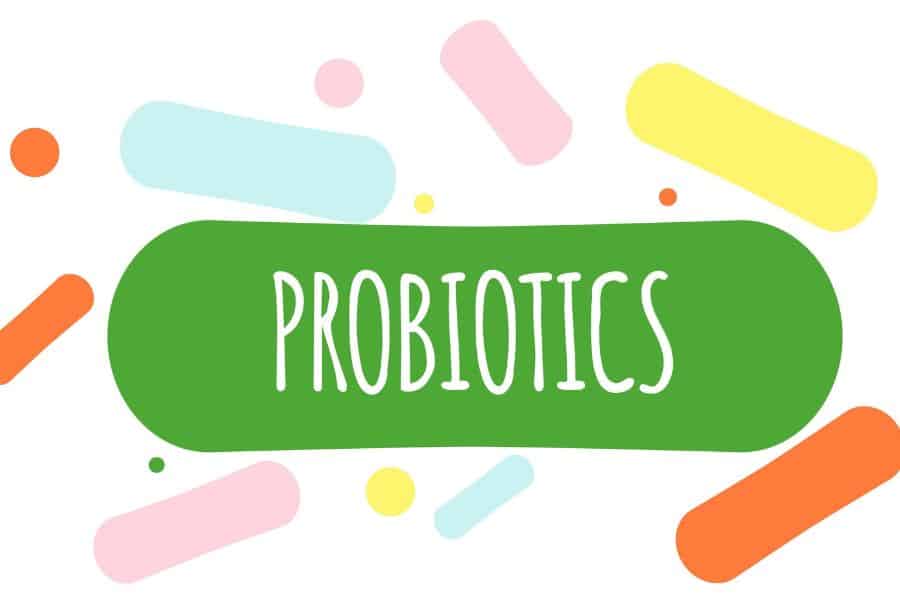
Top Prebiotic Foods
Adding prebiotics to your meals is a game-changer for gut health. They feed the good bacteria in your gut, keeping everything balanced and happy. Here’s a rundown of some of the best prebiotic foods you might want to munch on:
Chicory Root
Chicory root’s got your back with loads of prebiotic fiber, mainly in the form of inulin. It’s fantastic for your digestion and can help keep things moving smoothly—goodbye, constipation!
| Nutrient | Amount per 100g |
|---|---|
| Dietary Fiber | 10g |
| Prebiotic Fiber (Inulin) | 6g |
Got more questions about prebiotics and gut goodness? Check out our piece on prebiotics for gut health.
Garlic
Garlic’s not just a taste wonder; it’s also a prebiotic powerhouse. It’s your ally in promoting friendly bacteria in your gut, keeping the bad ones at bay.
| Nutrient | Amount per 100g |
|---|---|
| Dietary Fiber | 2.1g |
| Prebiotic Benefits | Supports Bifidobacteria |
Curious about pairing probiotics with prebiotic-rich eats? Browse our guide on digestive probiotics.
Apples
Apples are not just about crunchiness—they’re packed with pectin, a prebiotic super fiber. Pectin helps raise levels of butyrate, which supports the good bacteria while putting a check on the villains.
| Nutrient | Amount per 100g |
|---|---|
| Dietary Fiber | 2.4g |
| Prebiotic Fiber (Pectin) | 1.5g |
Thinking of adding more apples to your munch list? Dive into our section on probiotic supplements for gut health.
Wheat Bran
Wheat bran’s a standout if you’re into prebiotics; it boosts Bifidobacteria growth like a pro, making things easy on your digestion and, well, your restroom experience.
| Nutrient | Amount per 100g |
|---|---|
| Dietary Fiber | 44g |
| Prebiotic Benefits | Boosts Bifidobacterium |
For more on why fiber rocks, don’t miss our write-up on probiotics for digestive health.
Seaweed
Seaweed? Yep, it’s a prebiotic delight, ramping up those short-chain fatty acids that nurture your gut lining. Plus, it’s tasty—so sprinkle a bit on your food and give your gut some TLC.
| Nutrient | Amount per 100g |
|---|---|
| Dietary Fiber | 28g |
| Prebiotic Benefits | Boosts SCFA production |
Wondering how seaweed fits into your health kick? Have a look at our resource on high quality probiotics.
Mixing these prebiotic foods into your daily eats can help create a thriving gut environment, especially when combined with your probiotics. Want the scoop on related gut matters? Don’t skip our links like probiotics and digestion.
Prebiotics vs. Probiotics
How about we untangle the puzzle of prebiotics and probiotics? Think of them as the Batman and Robin of your gut—each bringing something special to the table.
Understanding the Difference
So what’s the scoop? Prebiotics are like the soil for your garden of goodies inside. They’re plant fibers your body doesn’t digest but instead serve as chow for the good bacteria you’ve got in your gut. Foods jam-packed with this goodness include things like garlic, asparagus, and bananas (thanks to Brown University Health for the scoop). These fibers help your belly bugs grow strong, which means better digestion and a happier you.
Probiotics, on the flip side, are living good guys that you can nab from fermented treats like yogurt and sauerkraut—or even as supplements if you’re into that sort of thing. Their job? To tip the scales back to balance in your gut’s flora garden, making sure that the baddies don’t overrun the place (Mayo Clinic).
Let’s break it down:
| Aspect | Prebiotics | Probiotics |
|---|---|---|
| What they are | Plant fibers your gut bugs feast on | Live heroes boosting your gut |
| Where to find | Garlic, asparagus, bananas, etc. | Yogurt, sauerkraut, supplements |
| What they do | Boost good belly bugs | Balance your gut’s flora |
| Why it matters | Supercharge digestion and immunity | Elevate your gut game |
Complementary Roles
Here’s the twist—they actually make a dynamic duo! Prebiotics feed the probiotics, which supercharge their work. You can whip both into your diet. Munch on prebiotic-rich food like garlic or apples, and toss in probiotics like yogurt to double down on the health perks.
When your tummy’s happy, you’re too. So, tag-team prebiotics and probiotics to set your gut ecosystem right. Interested in learning more about probiotics? Peek at our guide on probiotics for gut health. Hitting gut health from multiple angles never looked so tasty!
Health Impacts of Prebiotics
Prebiotics are like the unsung heroes of dietary choices—feeding the good guys in your gut and keeping the peace. They’re all about making sure your insides work like a well-oiled machine. In this piece, we’ll chat about how these tiny powerhouses boost digestion, keep your immune system sharp, and even tweak your metabolic gears.
Digestive Health
Think of prebiotics as the secret sauce for smooth digestion. They keep your food moving gracefully along your digestive highway by energizing the cells lining your colon and jazzing up mucus production. When they break down, they churn out short-chain fatty acids—stuff that helps calm inflammation and keep everything running smoothly in your gut (Brown University Health).
| What It Does | How It Helps |
|---|---|
| Smooth Moves | Helps keep things regular and eases constipation. |
| Chill Factor | Those fatty acids help ease gut inflammation. |
| Nutrient Boost | Supercharges nutrient absorption for well-rounded health. |
Immune System Support
Prebiotics have your immune system’s back. They encourage the growth of beneficial bacteria like Lactobacilli and Bifidobacteria, which are great at elbowing out the bad guys and fine-tuning your immune response. They even help manage cytokines, those little messengers that fire up your body’s defenses (PubMed Central).
Studies suggest prebiotics might be the secret weapon for making vaccines work better and reducing their side effects. Plus, they’re potentially protective for little ones, lowering the risk of immune hiccups and all that.
| What It Does | How It Helps |
|---|---|
| Supercharges Vaccines | Cranks up antibody production when you get vaccinated. |
| Allergy Defense | Might cut down allergy risks, especially in the kiddos. |
| Overall Immunity | Promotes a balanced microbiome for rock-solid immunity. |
Metabolic Effects
Prebiotics don’t just hang around the gut; they extend their influence to how your body handles energy. Short-chain fatty acids they produce can slide into your bloodstream and meddle with how your body handles weight and sugar, even giving your brain a little boost.
They’re also linked to brain benefits, kind of like a mood and memory makeover. Your gut’s power to sway your mental health might just loop back to these little guys (PubMed Central).
| What It Does | How It Helps |
|---|---|
| Metabolism Tune-up | Keeps your metabolism running smoothly, handy for weight stuff. |
| Sugar Manager | Can help keep blood sugar steady after meals. |
| Brain Booster | Helps tweak mood and sharpen the mind by fiddling with gut bacteria. |
Adding prebiotics to your diet is an easy win for feeling better. Foods like onions, garlic, and bananas are loaded with them. Curious about how they team up with probiotics? Check out our handy prebiotic vs probiotic comparison.

Precautions and Considerations
Digestive Woes
Messing around with prebiotics might leave you with a tummy rumbling louder than a thunderstorm. Folks dealing with IBS (the kind with runny stools might find that these little gut warriors tend to stir things up. FODMAPs, the mysteriously ferment-y family that prebiotics hang out with, can sometimes trigger even more gas and flare-ups.
Flip-side? Prebiotics can be a real lifesaver for those who feel like they’re trying to pass a brick. They might just make the whole process a touch smoother. But hey, don’t dive in headfirst! Take a little nibble, see what the belly thinks, and adjust from there. Worried? Well, nothing beats having a chat with your doc to see what’s what.
Keeping It Chill
Easy does it with prebiotics—start simple and small. Many have found easing into it can keep the digestive rumbles at bay. Allow your gut the time to get acquainted with the change. Curious about how much is just right? Here’s a quick cheat sheet:
| Prebiotic Food | Recommended Serving Size |
|---|---|
| Chicory Root | 1 tbsp (chopped) |
| Garlic | 1 clove |
| Apples | 1 medium |
| Wheat Bran | 2 tbsp |
| Seaweed | 1 cup (fresh) |
And if you’re chowing down on carbs and sugar like there’s no tomorrow, remember the little guys in your gut won’t be thrilled. Too much sugar can throw a wrench into the good bacteria’s plan, making them less effective.
Finding your zen with prebiotics means knowing how your body reacts and taking it from there. Keep tabs on the signals your belly sends out, and you’ll be on your way to a happier, healthier gut. Swing by our article on probiotics and gut health if you’re itching to know more about teaming up prebiotics with probiotics.
Additional Research on Prebiotics
Impact on Health Conditions
Guess what? Eating prebiotics might just be your gut’s best friend! Experts are chatting about how these little wonders can give your health a lift. Think better digestion, strong bones from more calcium, and perhaps even dodging colon cancer. Folks gobbling up foods packed with plant-based inulin, about 30 grams every day, often opt for less calorie-laden chow, which could be your waistline’s secret weapon (Harvard Health Publishing).
Prebiotics boost your defense system by inviting good guys like Lactobacilli and Bifidobacteria while shooing away the baddies. This super team-up might just tweak your mood, memory, and thinking power. But heads up, if you’re dealing with diarrhea-predominant IBS, bingeing on prebiotics might not be your buddy. On a cheerier note, if constipation’s your nemesis, prebiotics might keep things moving nicely (Verywell Health).
| Health Perk | What It Does | Proof |
|---|---|---|
| Better calcium uptake | Keeps your bones sturdy | Verywell Health |
| Cuts down cholesterol | Good for your heart ticker | Verywell Health |
| Boosts the immune shield | More good bugs, fewer bad ones | PubMed Central |
| Slashes colon cancer risk | Less chance of cancer | Verywell Health |
Long-Term Benefits
When it comes to going the distance, the prebiotic diet might just have magic powers for your gut. These helpers beef up the good bacteria, churning out something called short-chain fatty acids (SCFAs) like lactic, propionic, and butyric acids. They’re not just digestive helpers; they mellow down inflammation and give your immune system a kick. Over time, you might feel overall fitter with fewer odds of chronic health woes (PubMed Central).
Over the long run, prebiotics can lighten up your mood, sharpen your thinking, and keep your gut’s bug party in balance. Keeping up with these fibers is key to having a happy tummy and a well-oiled body machine. Curious to dig deeper into how these bad boys can perk up your health? Check out prebiotics for gut health. It’s packed with goodies on pairing them with probiotics and squeezing out the most benefits.
Final Thoughts
Prebiotics aren’t just a trendy nutrition buzzword—they’re a foundational part of a balanced, health-supportive diet. From boosting beneficial bacteria and easing digestion to supporting immune function and improving mood, these plant fibers offer an array of benefits that go far beyond the gut. The key is finding the right balance and listening to your body as you introduce more prebiotic-rich foods. By pairing prebiotics with probiotics, you can cultivate a thriving gut ecosystem that pays off in energy, clarity, and long-term well-being. So, whether it’s chicory root in your coffee or extra garlic in your stir-fry, small changes can have a big impact on your health.
Frequently Asked Questions (FAQ)
What are prebiotics and how are they different from probiotics?
Prebiotics are non-digestible plant fibers that feed the good bacteria in your gut. Probiotics, on the other hand, are live beneficial bacteria found in fermented foods and supplements. While prebiotics act as food, probiotics are the actual organisms that help balance your gut flora.
What are the best prebiotic foods to include in my diet?
Top prebiotic foods include chicory root, garlic, onions, apples, wheat bran, and seaweed. These foods are rich in fibers like inulin and pectin, which nourish the beneficial gut bacteria.
Can prebiotics help with digestion?
Yes, prebiotics support digestive health by stimulating the growth of helpful bacteria that enhance nutrient absorption, reduce inflammation, and improve bowel regularity. They also aid in producing short-chain fatty acids, which support colon health.
Do prebiotics have side effects?
For some people, especially those with IBS or sensitive stomachs, introducing prebiotics too quickly can cause bloating, gas, or discomfort. It’s best to start with small amounts and increase gradually.
How do prebiotics support the immune system?
Prebiotics encourage the growth of beneficial bacteria like Lactobacilli and Bifidobacteria, which help modulate immune responses and suppress harmful pathogens. They may even improve the effectiveness of vaccines and reduce allergy risks.
Is it better to take prebiotics as supplements or through food?
While supplements can be convenient, food-based sources of prebiotics are generally preferred for their additional nutrients and fiber. Whole foods offer a more natural and sustainable way to support gut health.
Can prebiotics improve mental health?
Emerging research suggests that prebiotics may influence mood and cognitive function through the gut-brain axis. By supporting a healthy microbiome, prebiotics can potentially contribute to better emotional balance and mental clarity.
